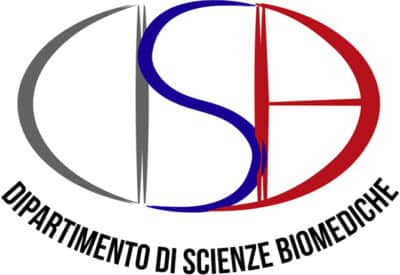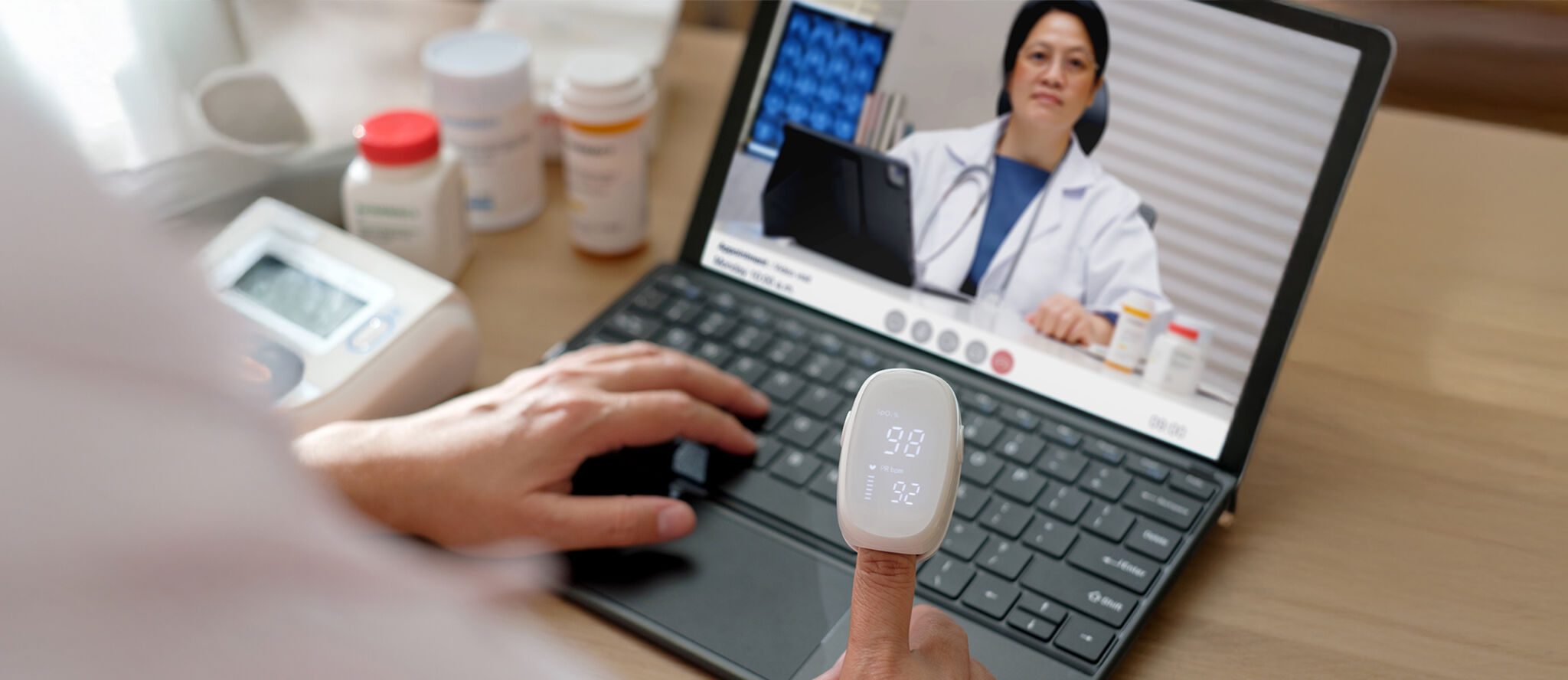
The Master TeCAR: Tele-Coaching in Assistance and Rehabilitation trains professionals in providing an integrated, specialized and continuous residential care to meet the needs of (adult and paediatric) patients suffering from complex invalidating neurological and/or neuromuscular diseases and their caregivers.
TeCAR is the answer to the growing needs for a multidisciplinary healthcare, where, through the use of technology, it is possible to provide specialized treatments, continuous monitoring and personalized educational interventions focused on the patient and on the caregiver, even outside the hospital. By combining educational and hands-on activities at the Padua University Hospital operating units, TeCAR provides high-level training and theoretical/practical knowledge on the etiology, physiopathology and management of complex invalidating neurological diseases in adults and children.
The Master TeCAR: Tele-Coaching in Assistance and Rehabilitation is based on a multidisciplinary approach to patient and caregiver management, and it integrates medical-rehabilitation, neuromotor, logopaedic, nutritional and psychosocial aspects. This approach is based on the union between professional expertise and the potential offered by telemedicine, to ensure an innovative and customized treatment continuity.
Professionals are trained on how to manage clinical practice aspects in complex and emergency contexts:
- Knowledge and application of telemedicine to assist patients in a multidisciplinary way;
- Communication skills to manage difficult, emphatic communication and to engage caregivers in decision-making and care processes;
- Knowledge of privacy and telemedicine regulations, ethical aspects of treatment choices and end of life;
- Ability to recognize and respond to critical situations, through telemonitoring systems and integrated protocols.
The Master TeCAR: Tele-Coaching in Assistance and Rehabilitation is addressed to Nurses, Physical Therapists, Speech Therapists, Dietologists and Developmental-Age Neuro- and Psychomotor Skills Therapists.
Career opportunities include Rehabilitation Centres, Operating Units, clinics and local facilities that manage adult or paediatric patients suffering from complex invalidating neurological and/or neuro-muscular diseases.
The Master TeCAR: Tele-Coaching in Assistance and Rehabilitation provides in-depth knowledge on the following topics:
Module 1 – FUNDAMENTALS OF NEUROPHYSIOLOGY AND PATHOLOGY
Fundamentals of Neurophysiology and Neurobiology to understand the pathological bases of complex neurological and neurodegenerative diseases in adults and children. Focus on pathology and clinic of nervous system diseases in paediatric, adult and senior patients.
Module 2 – REHABILITATIVE APPROACH WITH TELEMEDICINE INTEGRATION
Physical and speech therapy rehabilitative approach for paediatric and adult patients with complex diseases, through a telemedicine integration. Focus on remote mobility and posture monitoring strategies, assessment and management of nutritional deficits and educational support to caregivers. Principles of telemedicine and main instruments.
Module 3 – PALLIATIVE CARE AND BIOETHICS
Medical-legal, regulatory and bioethical aspects when assisting complex neurological patients. Professional responsibility profiles (criminal, civil, administrative and disciplinary) and legal protection for vulnerable groups and complex chronic patients. Palliative care: relaxation techniques to control pain, respiratory management and treatments to improve the quality of life and ensure self-determination until the final stages.
Module 4 – PSYCHOLOGICAL AND SOCIAL ASSESSMENT AND INTERVENTIONS
Analysis of the main cognitive, behavioural and emotional alteration frameworks in complex neurological and neurodegenerative diseases, in adults and children. Patient management from diagnosis communication to treatment, territorial take-cover and end-of-life care. Examples of psycho-social and relational interventions. Insight on psychology of health and on the promotion of well-being in severe neurological and neurodegenerative diseases. Exploration of the socio-cultural factors in the distinction between health and diseases, and between the patient and the caregivers’ experience of the pathology. Analysis of the emotional and relational dynamics in treatment plans, with a focus on complex organizations, from a systemic and psychodynamic standpoint: theoretical section and hands-on section with interactive methods.
Module 5 – NURSING SCIENCES
Fundamentals of Nurse-Coaching and telemedicine applications. Analysis of the outcome on patients, advantages and disadvantages of telemedicine, with critical assessment and reflection on the effectiveness of the treatment model. Remote management of clinical emergencies in neurological patients, early identification of risk signals such as motor deterioration, respiratory crises and cardiac emergencies. Use of tele-monitored parameters for clinical assessment and protocols to involve the multi-disciplinary team. Scientific research methodology.
Furthermore, there will be a convention based on INTERDISCIPLINARY INSIGHT SEMINARS:
“Multidisciplinary management of complex adult, senior and paediatric neurological patients”
The Master TeCAR collaborates with:
- The Centro Clinico NeMO (NeuroMuscular Omnicentre) – Fondazione Serena Onlus, a reference network in the diagnosis, treatment, care and research on neuromuscular and neurodegenerative diseases. The Centro Clinico NeMO meets the specific clinical-treatment needs of adults and children suffering from a neuromuscular and neurodegenerative disease, such as ALS, SMA, and Muscular Dystrophy.
- The Associazione Nazionale Infermieri Neuroscienze (ANIN), a reference hub for the professional and scientific development of nurses specializing in neurosciences. ANIN promotes ongoing education, research and innovation in nursing care, to provide the best care quality to patients with neurological diseases.
- Neuroscience Department (DNS) and Medicine Department (DIMED) Unipd.
Professionals will acquire a solid knowledge of the pathological and neurophysiological fundamentals of the main complex and invalidating neurological diseases affecting paediatric and adult patients. They will be able to understand the development, ageing and degeneration dynamics on the nervous and neuro-muscular system, and their clinical/functional impact. Special focus of the course is the capacity of transferring the knowledge to the caregivers and patients, through appropriate and shared communicative strategies and language. Moreover, professionals will gain expertise on the use of remote assessment and evaluation tools and methods (telemedicine), and their application in a multidisciplinary clinical management context. They will understand how to adapt their knowledge to different clinical contexts, by customizing the intervention strategies and adapting the to the specific treatment setting of the patient and the caregivers. Support and training of patients and caregivers is based on specific communication-related knowledge and on how to approach interpersonal relationships. Professionals will explore the legal aspects related to the application and management of telemedicine, and the bioethical aspects linked to healthcare in progressive degenerative diseases.
The general ranking of merit for the academic year 2025/26 will be published on the Italian page of this Master according to the timing provided in the Call.
Information
FAQ
L’attività didattica del Master “TeCAR” è erogata in presenza tramite lezioni frontali e seminari pratici. La frequenza è obbligatoria per il 75% per l’ammissione all’esame finale. Le attività didattiche in presenza si svolgono indicativamente da novembre a luglio, 1 volta a settimana per un massimo di 8 ore accademiche (sono 308 ore di didattica frontale più 18 di seminari, per un totale di 326, le lezioni dovrebbero coprire più o meno un anno e mezzo se si contano interruzioni per festività per lasciare poi spazio a tesi e tirocinio).
Lo stage si svolge a partire dal mese di novembre del secondo anno accademico (e non oltre il mese di maggio), previa programmazione tra studente, Università e Azienda ospitante.
Prevede 200 ore (pari a 10 CFU) di attività formazione sul campo nelle Unità Operative Complesse (UOC) di Neurologia, Pediatria e Geriatria dell’Azienda Ospedale – Università Padova.
Alla fine del percorso, lo studente dovrà produrre un elaborato scritto (Esame finale) che verrà discusso, con l’aiuto di audiovisivi, di fronte ad una commissione composta da docenti dell’Ateneo di Padova ed esperti esterni. La prova finale si svolge, di norma, nel mese di dicembre in date comunicate con congruo anticipo.
La graduatoria di ammissione si genera dalla somma del punteggio ottenuto dalla valutazione dei titoli. Il punteggio minimo per l’ammissione è di 30/50 punti.
In particolare:
- Curriculum (max 15 punti)
- Tesi (max 15 punti)
- Altre Pubblicazioni (max 10 punti)
- Altri titoli che il candidato ritenga utili (max 10 punti)
Si, per un massimo di 12 CFU in caso di precedente esperienza professionale documentata in centri di riabilitazione per pazienti con patologie neurologiche complesse.
Le attività didattiche si svolgono presso il Dipartimento di Scienze Biomediche nelle sedi di:
- Via Ugo Bassi 58/B, 35135, Padova
- Via Marzolo 3, 35135, Padova
Una edizione del Master dura due anni accademici, indicativamente inizia nel mese di Novembre del primo anno accademico (es. Novembre 2025) e termina alla fine del successivo anno accademico (es. novembre 2027).

